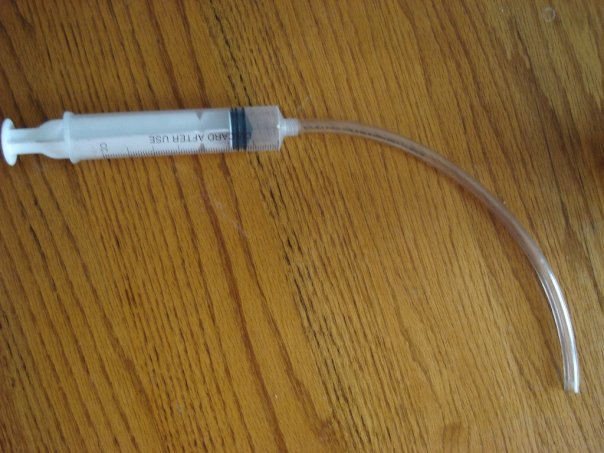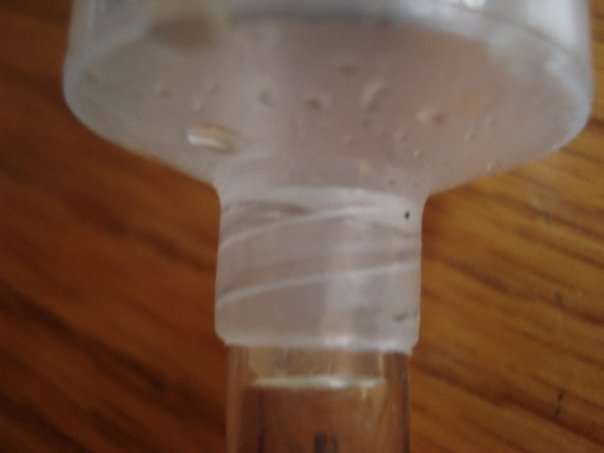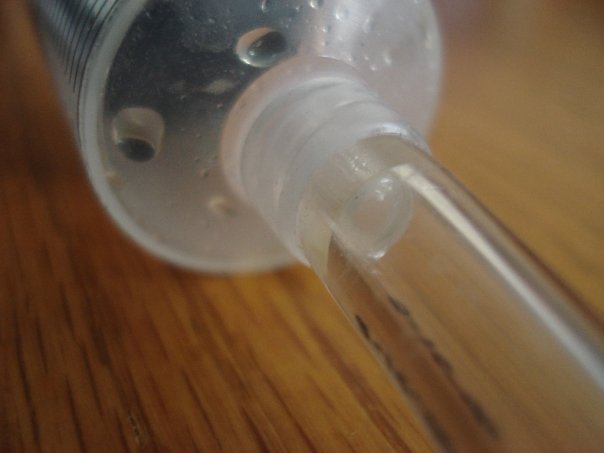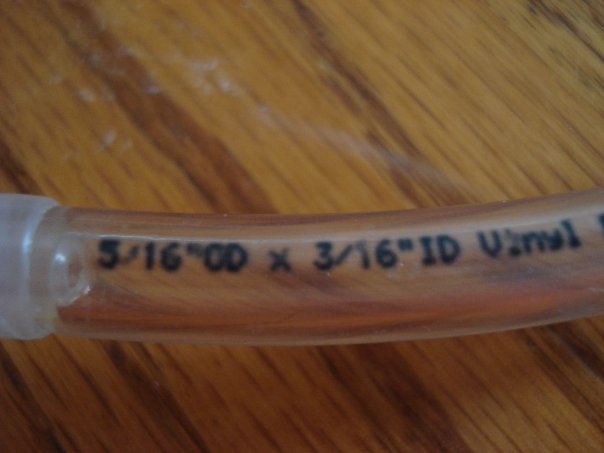| Author | Message | ||
Jdubxb |
I installed the ZTL2 kit (caliper, MC, brake line). Is it normal to have to pull the lever like over 100 times before getting any brake pressure? For a while, I thought I had gotten a new but defective master. I wanted to try my Motive pressure bleeder, but I couldn't find it, and I'm not sure the universal cap would've worked on the Buell anyway. So I just filled the reservoir and pulled the brake lever numerous times. I would see small bubbles coming up from the ports of the MC, so that gave me hope. I alternated between having the bleeder open and closed while pumping. I also removed the lever from the bars so I could tilt it at different angles while pumping the lever. So should I have done something different, or was my experience normal? | ||
Brag918 |
I've never done it on a bike, but have replaced calipers in a few cars. It's alarming, to say the least, how long it takes for the pressure to come up. | ||
Ducbsa |
I bled my ZTL the other day and I pumped and pumped, then tried opening up the bleeder a bit more and it was done in a few grabs. I think I didn't have it open enough at first to allow flow. | ||
Brent_crossbronkos |
In the shop we have dedicated hand pump "oil" cans that from new only contained brake fluid (we keep Dot 3, 4 , and 5 in each individual one). The pump cans allow us to open the bleeder screw and pump fresh fluid into the caliper and up the line to the master. Sometimes this seems to fill an empty system faster and then it usually only takes a few pumps of the lever (bleeding the system the normal way) and you are done. Remember it is important what angle the brake master and caliper are on - if in the wrong position air can get trapped and you will have a devil of a time getting it out. ***Of extreme importance***: do not use a pump that has previously contained oil - will contaminate the brake fluid - if you want to try this method you must use a new pump never exposed to oil. Hope this tip helps. | ||
Guell |
The reverse bleeding method as described above is the best way ive found to bleed motorcycle brakes. It takes me minutes to do it now. | ||
Jraice |
Speed Bleeders FTW Never used them but have used a similar product (seperate in line valve vs. the speed bleeders built in valve) but I have done my research and its definetly the way I am going to be doing mine in the future, and at $8's a piece whats there to lose? | ||
Jdubxb |
Speed bleeders would not have made any difference. I was pumping like a madman with the bleeder wide open! Maybe 'priming' rather than 'bleeding' is a better to describe the process of filling brand new, completely dry brake components. I think some type of pressurized device would have sped things up considerably. | ||
Sloppy |
Bleeding cycle brakes are well known in history to be difficult -- read Cycle World's tech expert Cameron has a few good stories on it. A popular method to deal with difficult systems is to REMOVE the assembly off the bike and hang it on the wall to prevent any air traps. This will make the air bubbles naturally flow up to the res. Another common area for bubbles to hang out is the banjo bolts. Have you tried to crack these open as you bleed? I'm not a big fan of the backward bleed method - it works, but it's easy to make a mess. Good luck. Depending upon how much flex there is in the lever, brake pads, lines, rotor and caliper you may not get a complete "hard as rock" lever either. | ||
Spatten1 |
I put new stainless lines on my gixxer yesterday. I could not get the master cylinder to "prime" until I used a Mighty Vac and pulled the fluid through from each caliper's bleeder screw. The tool is fairly inexpensive at auto parts stores. I also bled it at the master cylinder line fittings, there seems to always be a little air in there. | ||
Spatten1 |
I alternated between having the bleeder open and closed while pumping. Did you always close the fitting before releasing the lever? I know this may be a dumb question, but asking just in case. | ||
Jdubxb |
Spatten, not a dumb question because I didn't do that until I began actually bleeding the system. During priming, I just flailed away at pulling the lever - I tried numerous times with the bleed valve open....nothing. So then I tried numerous times with the valve closed. It wasn't until I got some fluid through the caliper that I would tighten the fitting before each release of the brake lever. Is that where I went wrong, i.e., why it took so long to prime? I thought that procedure is only meant to keep air from getting back into the caliper. Since the caliper is full of air before being primed, I didn't think it mattered. (Message edited by jdubxb on February 23, 2009) | ||
Spatten1 |
Jdubxb: You may be right, I've just always closed the screw, but it may not be necessary. I couldn't get my gixxer master cylinder to do jack until I used the vacuum tool to pull fluid through the system yesterday. | ||
Jdubxb |
I'm going to look into whether there's a MC adaptor for my Motive pressure bleeder. I'm sure a Mityvac would have worked well too. Now that I think about it, I probably should have bled the MC before hooking up the banjo there. I even have a kit that I used when I installed a dry MC in my car. It has an assortment of threaded plastic fittings and tubes that let you route fluid from the fitting back into the reservoir. I didn't have any spare crush washers, so I trudged along with countless pulling on the lever.... Oh well, the lever feels pretty good now. Not rock hard, but the same amount of give as the factory filled 6 piston setup. I'm guessing it's component flex as opposed to trapped air. While bleeding, I swung the caliper to different angles and also tapped it gently with a rubber mallet to help guide air to the bleeder. | ||
Spatten1 |
I'd ship it! | ||
Pkforbes87 |
I went to the local hardware/farm supply store and bought an animal syringe, and about 18" of vinyl hose (5/16" OD 3/16" ID) Anyway the syringe is threaded on the business end to accept disposable needles or nipples, and hose is the perfect size to twist onto the threads. The hose also pops onto the bleeder bolts with a little pushing and prodding. Personally I like to hold the syringe above the bleeder bolt, then pump the brakes a few times with the bleeder bolt loosened. You'll get a lot of air bubbles coming back into the syringe for a while. Then pump the syringe again to send fluid back to the master cylinder, and repeat the process making sure you let the air bubbles get all the way to the top of the syringe each time.     |